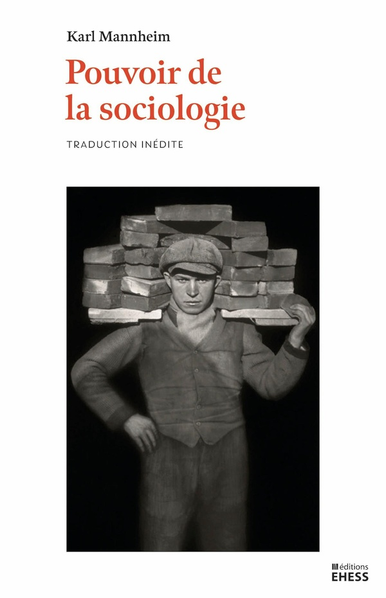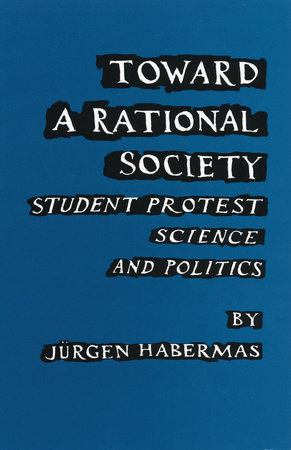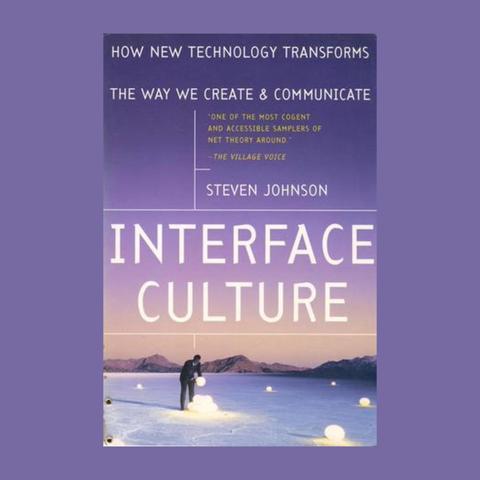Marx, the Critique of Commodification, and the Genesis of “Universal Convertibility into Value”: Foundations for Adorno and Horkheimer
Marx, since the 19th century, decoded the growing commodification where everything becomes convertible into monetary value — a key phenomenon for understanding capitalist society and its excesses. Adorno and Horkheimer extended this critique in their analysis of the society of equivalence and industrial culture. #Marx #CriticalTheory…

Marx, the Critique of Commodification, and the Genesis of « Universal Convertibility into Value »: Foundations for Adorno and Horkheimer
Marx, since the 19th century, decoded the growing commodification where everything becomes convertible into monetary value — a key phenomenon for understanding capitalist society and its excesses. …






